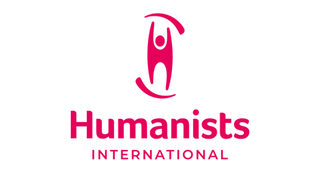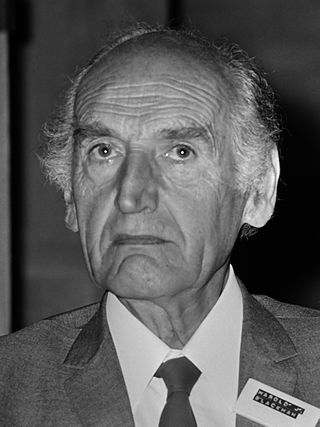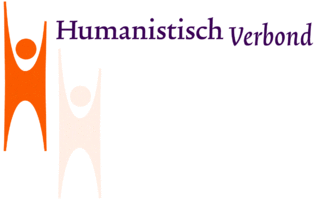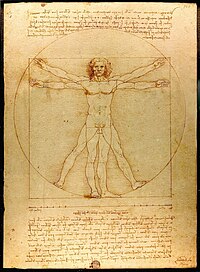
Secular humanism is a philosophy, belief system, or life stance that embraces human reason, logic, secular ethics, and philosophical naturalism, while specifically rejecting religious dogma, supernaturalism, and superstition as the basis of morality and decision-making.

Paul Kurtz was an American scientific skeptic and secular humanist. He has been called "the father of secular humanism". He was Professor Emeritus of Philosophy at the State University of New York at Buffalo, having previously also taught at Vassar, Trinity, and Union colleges, and the New School for Social Research.

Humanist Manifesto is the title of three manifestos laying out a humanist worldview. They are the original A Humanist Manifesto, the Humanist Manifesto II (1973), and Humanism and Its Aspirations: Humanist Manifesto III (2003). The original manifesto originally arose from religious humanism, though secular humanists also signed.

The Norwegian Humanist Association is one of the largest secular humanist associations in the world, with over 130,000 members. Those members constitute 2.3% of the national population of 5.47 million, making HEF by far the largest such association in the world in proportion to population. The association publishes the magazine Fri tanke.

Barbara Smoker was a British humanist activist and freethought advocate. She was also President of the National Secular Society (1972–1996), Chair of the British Voluntary Euthanasia Society (1981–1985) and an Honorary Vice President of the Gay and Lesbian Humanist Association in the United Kingdom.
Jim Herrick was a British humanist and secularist. He studied history and English literature at Trinity College, Cambridge University, and then worked as a school teacher for seven years. He wrote or edited several books on humanism and the history of freethought.

Humanists International is an international non-governmental organisation championing secularism and human rights, motivated by secular humanist values. Founded in Amsterdam in 1952, it is an umbrella organisation made up of more than 160 secular humanist, atheist, rationalist, agnostic, skeptic, freethought and Ethical Culture organisations from over 80 countries.

Harold John Blackham was a leading British humanist philosopher, writer and educationalist. He has been described as the "progenitor of modern humanism in Britain".
The Federation of Indian Rationalist Associations (FIRA) is an umbrella body of 83 rationalist, atheist, skeptic, secularist and scientist organisations in India.
The Indian Humanist Union (IHU) is an Indian Humanist organisation established in 1960 by Narsingh Narain.

Roy W. Brown is a British-born engineer, humanist and human rights activist. He was president of the International Humanist and Ethical Union (IHEU) from 2003 to 2006 and was for a time its main representative at the United Nations, Geneva.

Humanism is a philosophical stance that emphasizes the individual and social potential, and agency of human beings, whom it considers the starting point for serious moral and philosophical inquiry.

World Humanist Day is a Humanist holiday celebrated annually around the world on the June solstice, which usually falls on June 21. According to Humanists International, the day is a way of spreading awareness of Humanism as a philosophical life stance and means to effect change in the world. It is also seen as a time for Humanists to gather socially and promote the positive values of Humanism.

The Tyneside Group of the North East Humanists (NEH) was founded on 17 September 1957, although organised secularism in North East England had been active from the 1860s. The group adopted the name North East Humanists in 1997, after merging with the Teesside Humanist group.

Jean-Claude Pecker was a French astronomer, astrophysicist and author, member of the French Academy of Sciences and director of the Nice Observatory. He served as the secretary-general of the International Astronomical Union from 1964 to 1967. Pecker was the President of the Société astronomique de France (SAF), the French amateur astronomical society, from 1973–1976. He was awarded the Prix Jules Janssen by the French Astronomical Society in 1967. A minor planet is named after him. Pecker was a vocal opponent of astrology and pseudo-science and was the president of the Association française pour l'information scientifique (AFIS), a skeptical organisation which promotes scientific enquiry in the face of quackery and obscurantism.

Levi Fragell is a Norwegian humanist. He has been chairman and secretary of the Norwegian Humanist Association, and was President of the International Humanist and Ethical Union (IHEU) between 1987–1990 and, in his own right, between 1998–2003.

Sonja Albertine Jeannine Eggerickx is a Belgian secular Humanist who was president of the International Humanist and Ethical Union (IHEU), now Humanists International, a position she held for nine years until stepping down in 2015. In 2016 she was awarded the Distinguished Services to Humanism Award 2016 for her ground-breaking work in secular education and ethics.

Young Humanists International, known as the International Humanist and Ethical Youth Organisation or IHEYO from 2002 to 2019, is the youth wing of Humanists International, founded in 2002. It aims to network young humanists around the world together, support training and promote humanist values for the age category of 18–35. It is an umbrella organisation representing around 40,000 young people across the world.

The Humanistisch Verbond is a Dutch association based on secular humanist principles.
The Humanist Association of Ghana (HAG) is a humanist organization of atheists and agnostics living in Ghana who espouse humanism as a way of life, fight for the protection of human rights and promote critical thinking.













